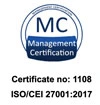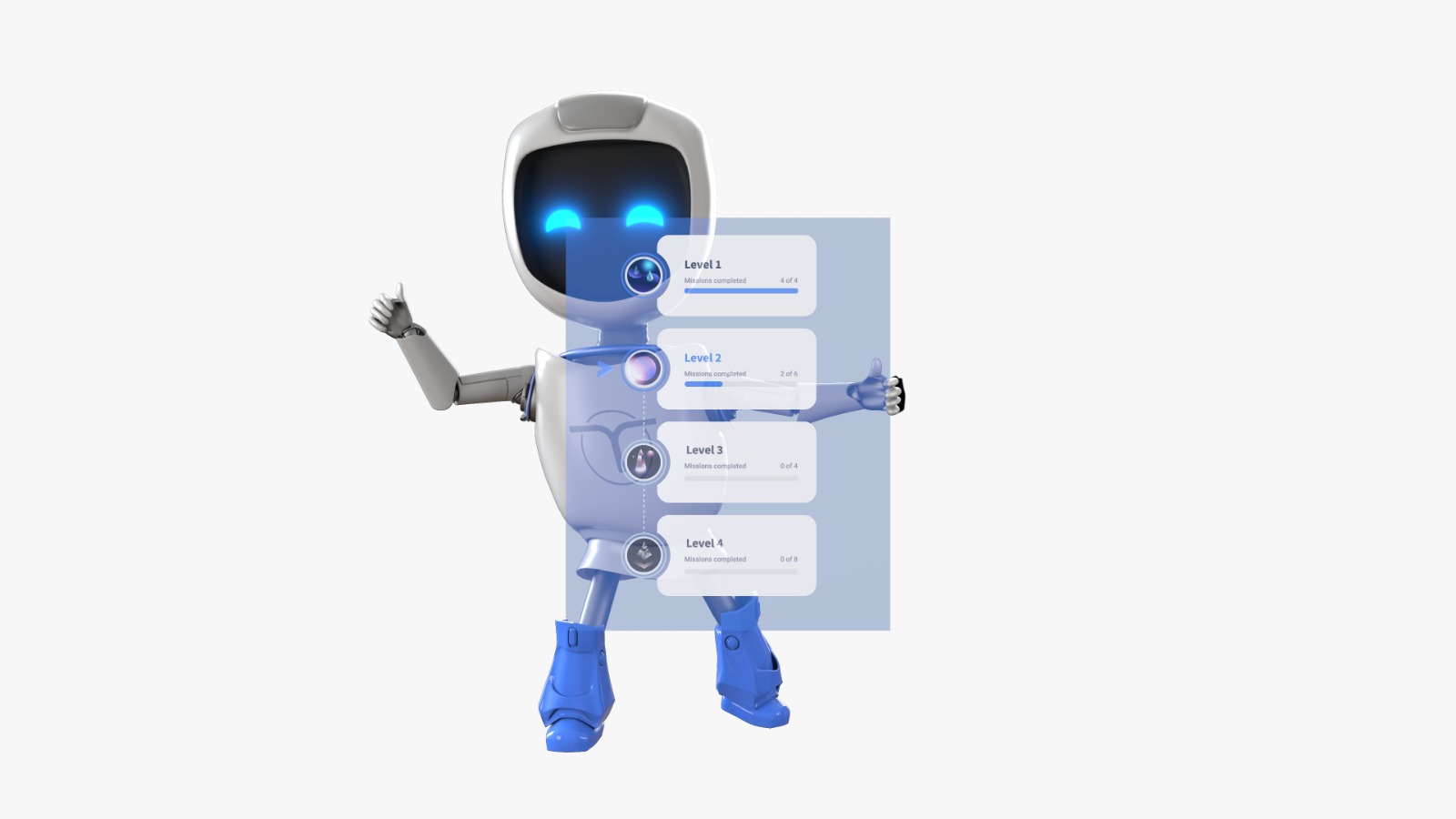Poor product knowledge in customer service can slowly drain your business. Studies show that 86% of buyers are willing to pay more for excellent customer service, yet 73% of them will abandon a brand after just one poor experience. The common culprit? Undertrained staff who can’t answer questions, offer solutions, or sell your product’s true value. And poor product knowledge equals lost clients and diminished revenue.
Now, imagine this: your customer service team fields an inquiry about a product feature, but instead of delivering an informed answer, they fumble. Your clients walk away frustrated, and worse – they go straight to your competitors. Research by Gartner found that 89% of companies expect to compete primarily based on customer experience. Don’t let your team’s lack of product knowledge be the reason your customers choose someone else.
But here’s the good news: this problem can be fixed quickly with a targeted product training strategy. Let’s dive into how you can turn this around and boost both client retention and satisfaction.
Key Benefits of a Product Training Strategy
First off, let’s talk about customer trust. When your service reps are well-versed in the ins and outs of your products, they exude confidence. This boosts trust between your brand and your customers, making clients more likely to stick around. A Harvard Business Review study found that trust is one of the top three reasons customers stay loyal to a company.
Another perk? Reduced escalation rates. No more passing the buck to supervisors for simple questions! Well-trained employees solve issues on the spot, speeding up resolution times and increasing overall efficiency. A customer service team with solid product knowledge can reduce ticket escalations by up to 20%, freeing up managerial time for bigger issues.
Finally, a well-executed training program can increase upsell opportunities. When your reps truly understand the product, they’re in a better position to recommend complementary services or upgrades, naturally boosting your revenue per customer. Studies by McKinsey show that upselling and cross-selling efforts can increase revenue by as much as 30%.
3 Things Your Customer Service Employee Should Know About the Products
Key Features and Functions. It’s vital that your reps understand the key features of the products they support. If a client asks for the difference between two software versions, your rep should be able to explain the core differences confidently.
Common Issues and Fixes. Customers don’t just want to know what the product does; they need to know how to fix it when something goes wrong. Your reps should be able to troubleshoot common issues. When a customer reports a recurring issue with a smart device, your rep should know the steps to resolve it before escalating.
Benefits and Use Cases. Beyond features, reps should be able to explain how the product adds value and fits into the customer’s workflow or life. If a customer asks why they should upgrade to the premium version, your rep should outline the benefits in terms of user experience and productivity.
Proven Strategies to Improve Product Knowledge in Customer Service
Enhancing product knowledge in customer service is essential to delivering a better customer experience and boosting satisfaction. Well-informed customer service reps can answer questions confidently, troubleshoot problems effectively, and suggest solutions that increase upselling opportunities. Here’s how you can make it happen.
1. Provide Ongoing, Role-Specific Training
Explanation: Customer service reps need product knowledge that’s directly applicable to their role, whether it’s resolving technical issues or assisting with sales inquiries. Tailoring training to specific roles ensures that employees are prepared for the types of questions they will encounter.
Actionable Step: Segment your training program into different modules for technical support, sales, and general customer inquiries. Focus on real-life scenarios for each segment.
Example: Create separate modules for handling refunds, product troubleshooting, and upselling, ensuring each team member masters the skills most relevant to their position. For instance, technical support staff could train on resolving software bugs, while sales reps could focus on product upgrades and add-ons.
2. Incorporate Real-Time Learning Tools
Explanation: Customer service teams need access to up-to-date product information as soon as changes happen. Traditional training can’t keep pace with rapid product updates, leading to service gaps. Real-time learning tools keep your team informed and ready to handle customer inquiries on the fly.
Actionable Step: Implement a knowledge base that syncs with your CRM or help desk software, providing instant access to product updates and troubleshooting guides.
Example: When a new software version is released, your reps should automatically receive the updated user guide within the platform. A customer service rep answering a question about a feature in the updated software can access the latest details directly during the call, preventing errors or misinformation.
3. Use Gamification to Boost Engagement
Explanation: Traditional training methods can be dull and fail to engage employees. Gamification adds an element of fun and competition, motivating employees to learn more effectively. By incorporating rewards, leaderboards, and challenges, employees stay engaged and retain more product knowledge.
Actionable Step: Set up a points-based system where reps earn badges or rewards for completing product training modules or scoring high on quizzes.
Example: Offer rewards for the quickest response to a challenging customer question or for completing a product knowledge quiz with top scores. The rep who finishes the most product training modules in a month could receive a bonus or public recognition, driving friendly competition and improving product knowledge across the team.
How Code of Talent Can Help You Increase Your Employee Product Knowledge
Code of Talent offers a microlearning platform that transforms product training into digestible, role-specific learning journeys. Here’s how:
- Real-Time Updates: With Code of Talent’s platform, you can ensure that every team member receives real-time updates on product changes, so no one is left behind when a new feature launches.
- Gamified Modules: Keep your employees engaged through interactive learning paths that are both fun and informative, ensuring higher retention of product knowledge.
- Tailored Learning Journeys: Code of Talent allows you to create personalized learning experiences, ensuring that your customer service reps receive the exact training they need based on their role.
Conclusions
It’s clear: poor product knowledge is costing you clients. But with a robust product training strategy, you can turn that around. Equip your team with the knowledge they need, and you’ll see immediate improvements in customer satisfaction, retention, and even revenue.
By using platforms like Code of Talent, you’ll make this transformation easy and effective. Ready to boost your customer service team’s product knowledge and start retaining more clients? Get started with Code of Talent today and see the difference it can make!
Photo: Freepik





